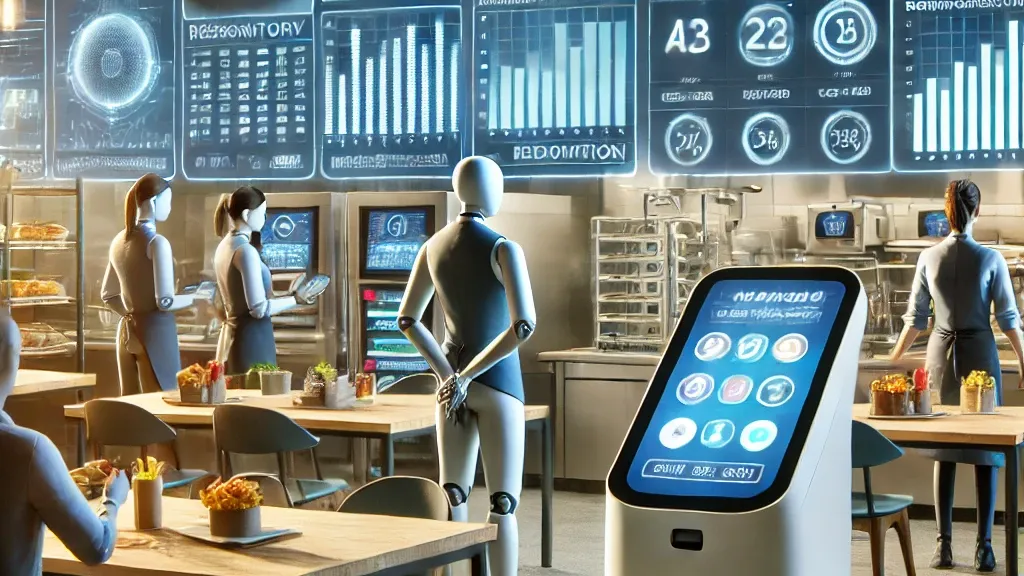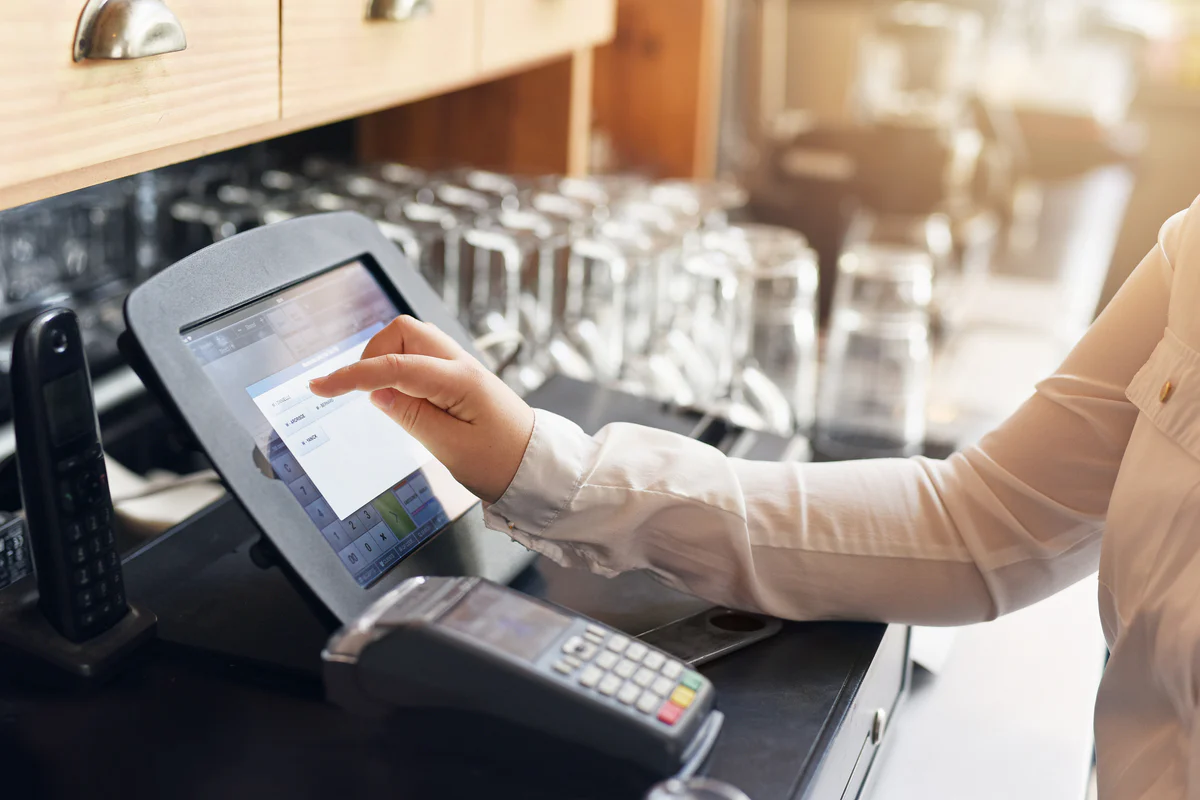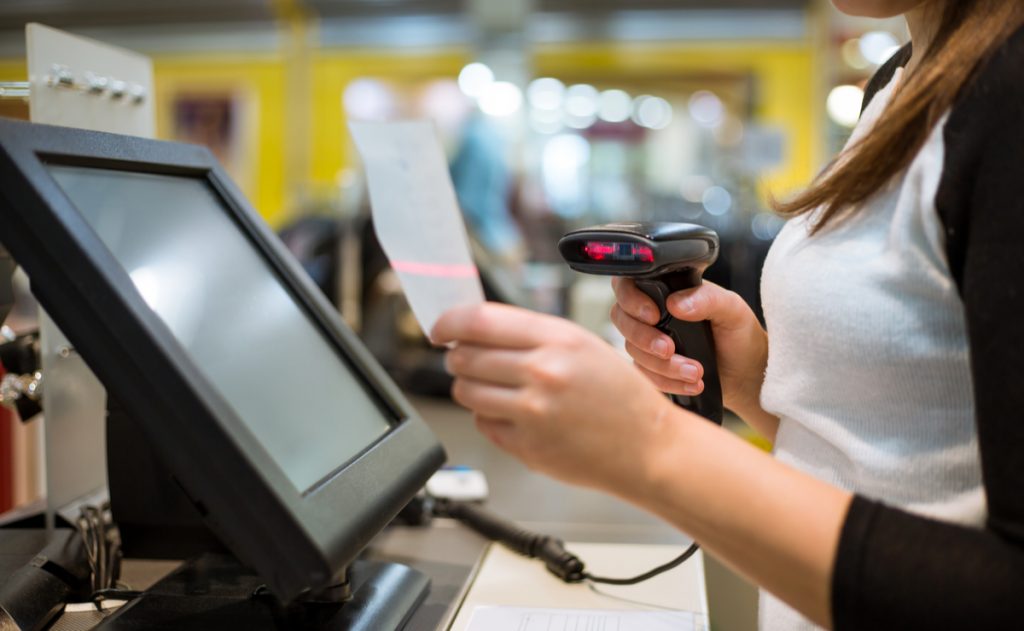How AI and ML Are Shaping the Future of POS Systems

The retail and hospitality industries are undergoing a transformative shift, and at the center of this evolution are Point-of-Sale (POS) systems powered by Artificial Intelligence (AI) and Machine Learning (ML). Traditionally, POS systems served as mere transaction-processing tools. However, with advancements in AI and ML, they have become smart hubs of business intelligence, driving efficiency, enhancing customer experiences, and enabling data-driven decision-making.
The Role of AI and ML in Modern POS Systems
AI and ML are not just buzzwords; they are practical technologies revolutionizing how businesses operate. By analyzing vast amounts of data, these technologies enable POS systems to:
- Predict Trends and Consumer Behavior AI-driven POS systems can analyze sales patterns and predict future trends. For instance, by examining historical purchase data, an AI-powered POS system can forecast demand for specific products during seasonal peaks, helping businesses optimize inventory and avoid stockouts or overstocking.
- Enhance Personalization Machine learning algorithms allow POS systems to tailor the customer experience. By understanding individual buying habits, the system can recommend products, suggest relevant promotions, and even adjust loyalty rewards to better suit customer preferences. Personalized interactions foster customer loyalty and boost retention rates.
- Streamline Inventory Management AI-enabled POS systems provide real-time inventory tracking and predictive analytics. These systems can automatically reorder stock based on anticipated demand, ensuring businesses always have the right products available. This minimizes waste and maximizes profitability.
- Detect Fraud With the integration of AI, POS systems can monitor transaction patterns to detect unusual or potentially fraudulent activities. Machine learning models continuously adapt to recognize new fraud tactics, offering businesses an extra layer of security.
- Optimize Pricing Strategies Dynamic pricing, powered by AI, enables businesses to adjust prices based on factors like demand, competition, and market conditions. POS systems equipped with these capabilities help businesses stay competitive while maximizing revenue.
Real-World Applications of AI and ML in POS Systems
1. Customer Analytics and Insights
POS systems equipped with AI can analyze customer data to generate actionable insights. For example, a retailer might discover that certain products sell better on weekends or that specific promotions drive higher foot traffic. Such insights enable targeted marketing strategies and more effective merchandising.
2. Chatbots and Virtual Assistants
AI-powered chatbots integrated with POS systems assist both customers and employees. Customers can use chatbots for inquiries, order placements, or self-checkout assistance, while employees can rely on them for quick training or troubleshooting support.
3. Voice-Activated Commands
Some advanced POS systems now include voice recognition capabilities. Employees can interact with the system hands-free, speeding up processes and enhancing productivity during peak hours.
4. Customer Loyalty Programs
AI and ML enhance loyalty programs by making them smarter and more relevant. POS systems can analyze spending patterns to offer personalized rewards, which significantly improve customer engagement.
Benefits of AI and ML in POS Systems
The integration of AI and ML into POS systems brings numerous benefits:
- Increased Efficiency: Automating routine tasks, such as inventory management and pricing, allows staff to focus on providing excellent customer service.
- Enhanced Customer Experience: By personalizing interactions and streamlining transactions, businesses can offer a superior shopping experience.
- Better Decision-Making: Data-driven insights enable businesses to make informed decisions that drive growth.
- Cost Savings: Predictive analytics help optimize inventory and reduce wastage, leading to significant cost savings over time.
- Scalability: AI-powered POS systems are scalable, making them ideal for businesses of all sizes, from small retailers to large enterprises.
Challenges and Considerations
While the advantages are compelling, businesses must also address challenges when implementing AI and ML in their POS systems:
- Data Privacy and Security: Handling customer data responsibly is critical. Businesses must ensure compliance with data protection regulations.
- Initial Investment: The upfront cost of implementing AI-powered POS systems can be high, though the long-term benefits often outweigh the expenses.
- Staff Training: Employees need proper training to leverage the full potential of AI-enabled POS systems.
The Future of AI and ML in POS Systems
As technology continues to evolve, the role of AI and ML in POS systems will only expand. Emerging trends include:
- IoT Integration: Connecting POS systems with IoT devices for seamless operations, such as real-time inventory updates via smart shelves.
- Emotion AI: Using facial recognition to gauge customer emotions and adapt service accordingly.
- Blockchain: Enhancing transaction security and transparency through blockchain integration.
- Augmented Reality (AR): AI-powered AR experiences in POS systems could allow customers to visualize products in real-time before purchasing.
Conclusion
AI and ML are shaping the future of POS systems by transforming them into intelligent tools that drive efficiency, enhance customer satisfaction, and unlock new business opportunities. Businesses that embrace these technologies are well-positioned to stay ahead in an increasingly competitive market. As AI and ML capabilities continue to advance, the potential for innovation in POS systems is limitless, promising a smarter, more connected future for businesses and their customers.






